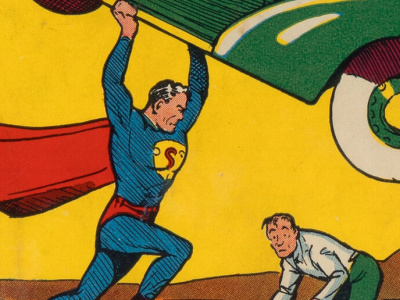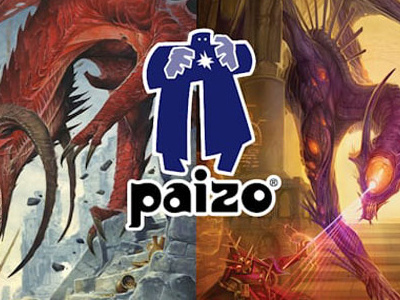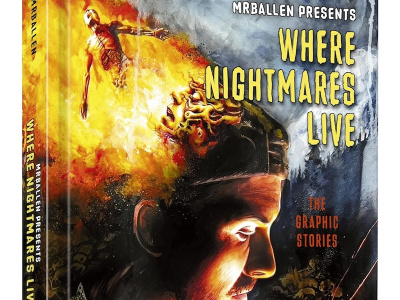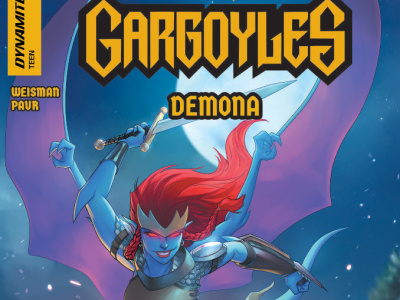
Barnes & Noble unveiled its new e-book reader, called the Nook, on Tuesday. It matches the Kindle price of $249, but offers considerably more content, with over a million titles, including 500,000 from Google. It has a color touch screen to allow users to navigate between choices and a b/w e-ink screen similar to the other readers. It’s based on Google’s Android mobile device software.
One new bit of technology is the LendMe feature, which allows users to share their books with other devices including the iPhone, Blackberry, PC, and Macs that have downloaded the B&N software.
B&N will market the reader online and through displays at its stores.
Other readers have already gained significant traction. The Kindle is expected to have 1.5 million units deployed by the end of the year, and 3 million by the end of 2010.
The Sony e-book reader currently has a price advantage, with its least expensive model retailing for $199. The newer IRex is more expensive, at $399, but has a bigger screen.
Best Buy has added the Sony and iRex e-book readers to over 1000 stores, with special displays and training for its employees on how to sell the devices. This is the first mass merchant presence for e-book readers, and marks a new step in popularizing the devices.
All of the e-ink-based devices share an inability to display high quality graphics, and nobody’s doing color yet. But those features seem inevitable, probably in 2010. A rumored Apple tablet device may be the first to offer those features, and new iterations of existing devices are also expected to offer color. Certainly the iPhone and iPod Touch devices, despite their small screens, have started to impact the comic business; the tens of millions of devices deployed around the world make it a great potential market despite the screen size.
How this will impact the business of selling paper publications is, of course, unknown. But book publishers seem intent on avoiding the mistakes of the music business, which did not offer a legal alternative until piracy was well-established. Although book piracy is booming (see “Change Roiling Book Business”), it’s not yet at the point that music piracy was when Apple launched its iTunes music store. Comics are not immune to piracy, with publishers telling us they spend time every day sending out take-down notices to filesharing Websites.
Legal alternatives in music and video are moving very quickly. Legal digital distribution is expected to account for nearly half the music business by the end of 2010. And digital distribution (defined as electronic sell-through and video-on-demand) now accounts for about 10% of home video revenues.







